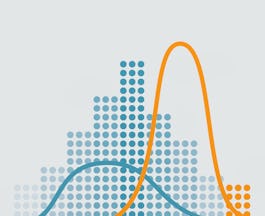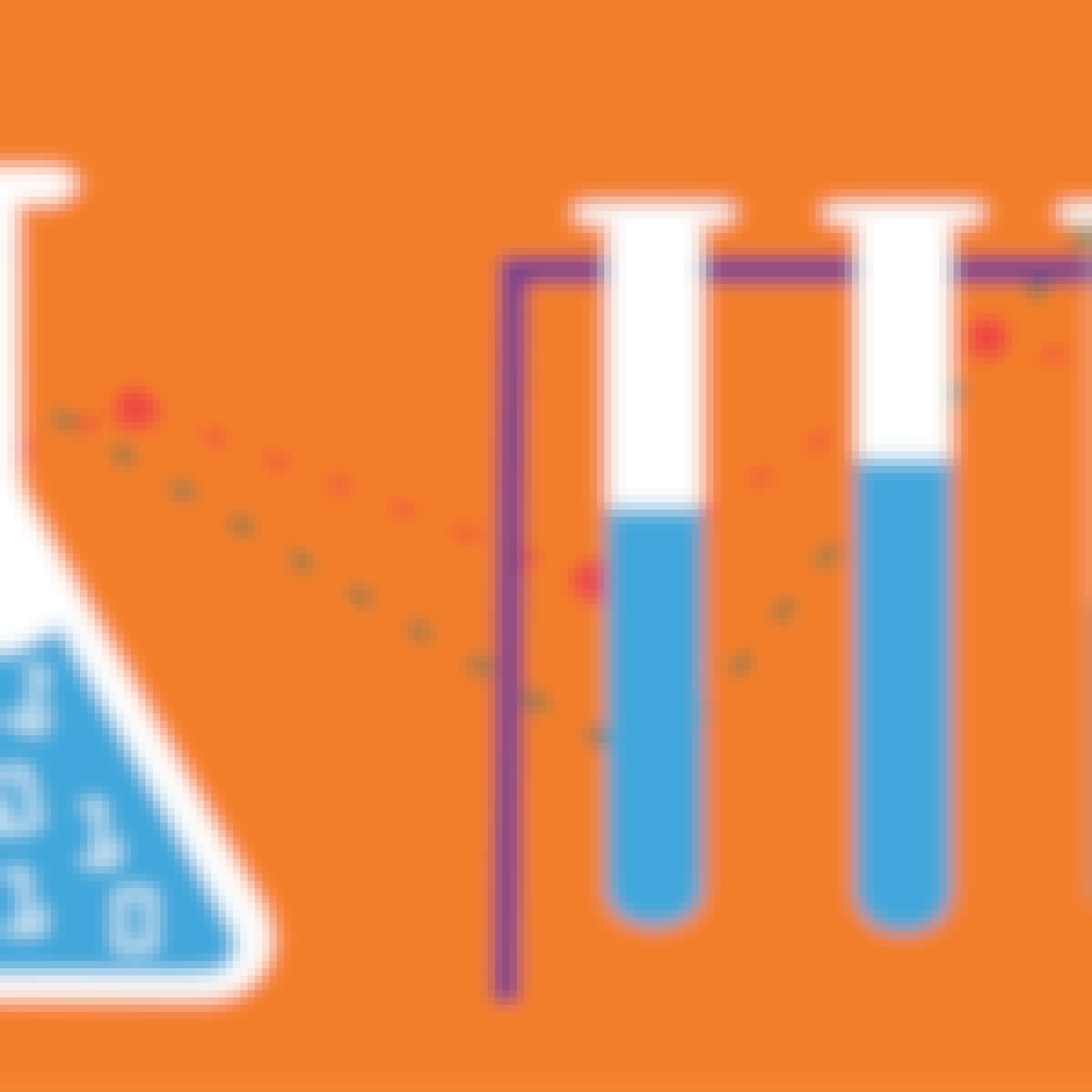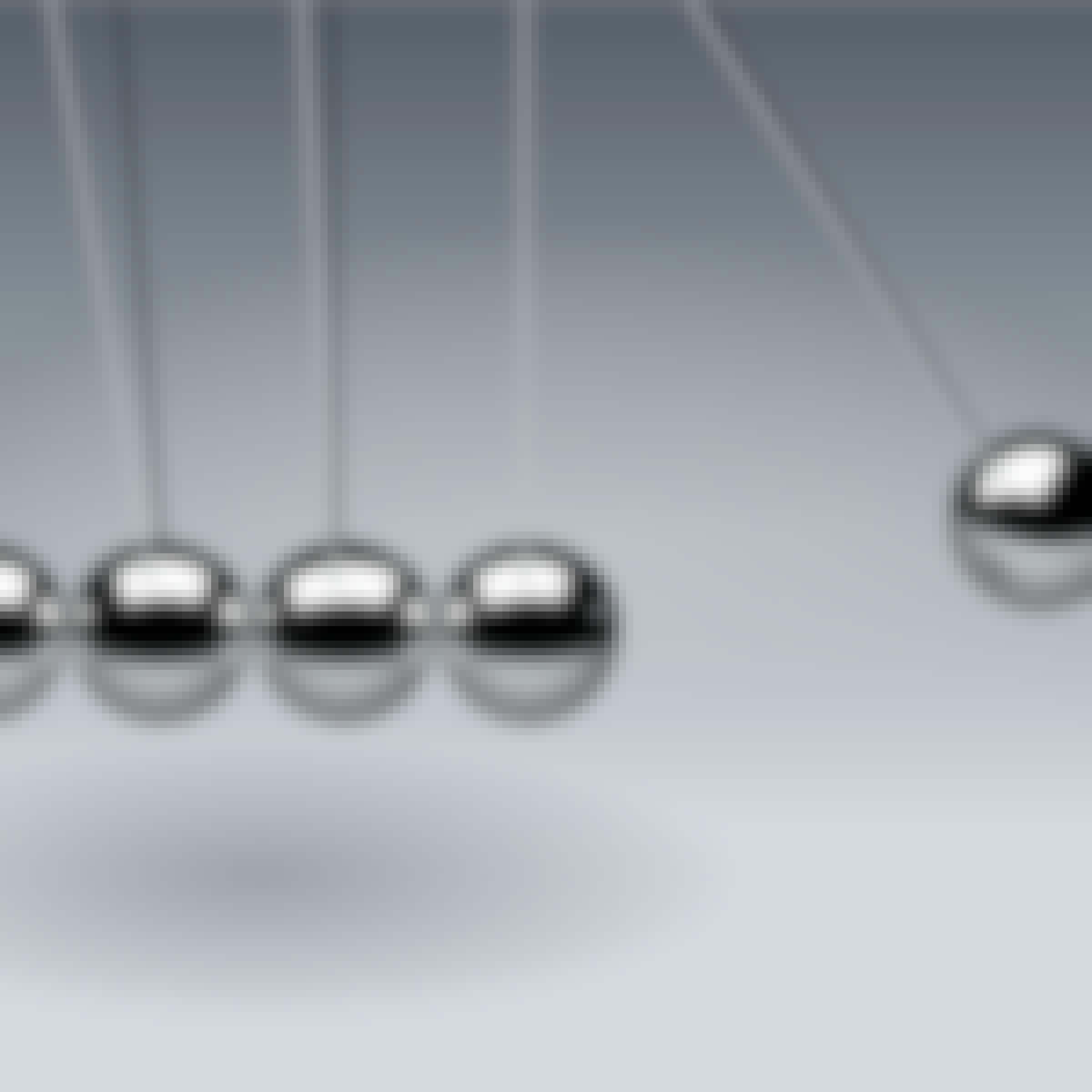Filter by
The language used throughout the course, in both instruction and assessments.
Results for "question-answering"

University of Illinois Urbana-Champaign

University of California, Irvine
Skills you'll gain: Writing

Duke University
Skills you'll gain: Bayesian Statistics, General Statistics, Probability & Statistics, Statistical Analysis, Probability Distribution, Bayesian Network, R Programming, Statistical Programming, Statistical Tests

University of London
Skills you'll gain: Leadership and Management, Marketing
 Status: Free
Status: FreeSkills you'll gain: Computer Science, Information Technology

Skills you'll gain: Data Analysis, Data Mining, Data Model, Data Science, Python Programming

University of California San Diego
Skills you'll gain: Algorithms, Computer Programming, Graph Theory, Mathematics, Python Programming, Mathematical Theory & Analysis, Problem Solving, Theoretical Computer Science, Sales
 Status: Free
Status: FreeLund University

University of Pennsylvania
Skills you'll gain: General Statistics, Probability & Statistics, Statistical Tests, Data Analysis, Statistical Analysis, Estimation, Experiment, Probability Distribution, R Programming, Statistical Programming
 Status: Free
Status: FreeUniversity of Geneva
Skills you'll gain: Culture

Skills you'll gain: Big Data, Data Analysis, Data Mining, Data Science, Deep Learning, Machine Learning, Regression
Searches related to question-answering
In summary, here are 10 of our most popular question-answering courses
- Migrations internationales : un enjeu mondial: Sciences Po
- Lactation Biology: University of Illinois Urbana-Champaign
- TOEFL Reading and Listening Sections Skills Mastery: University of California, Irvine
- Bayesian Statistics: Duke University
- Consumption, Marketing and Culture: University of London
- Certified Cloud Security Professional (CCSP): Infosec
- Data Science Methodology: IBM
- Delivery Problem: University of California San Diego
- Artificial Intelligence: Ethics & Societal Challenges: Lund University
- A Crash Course in Causality: Inferring Causal Effects from Observational Data: University of Pennsylvania











